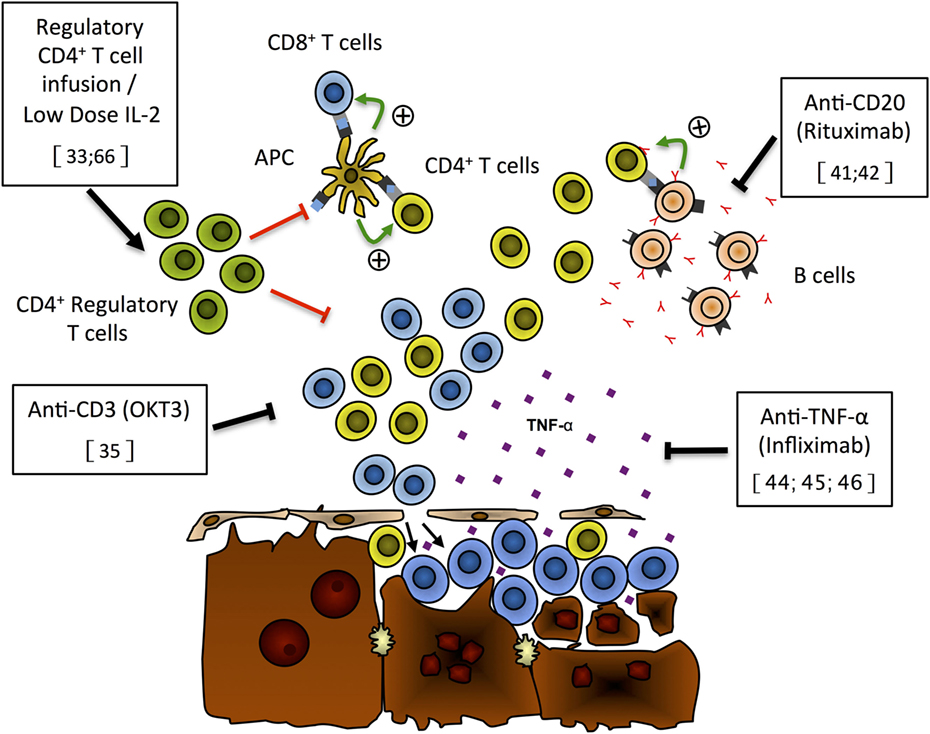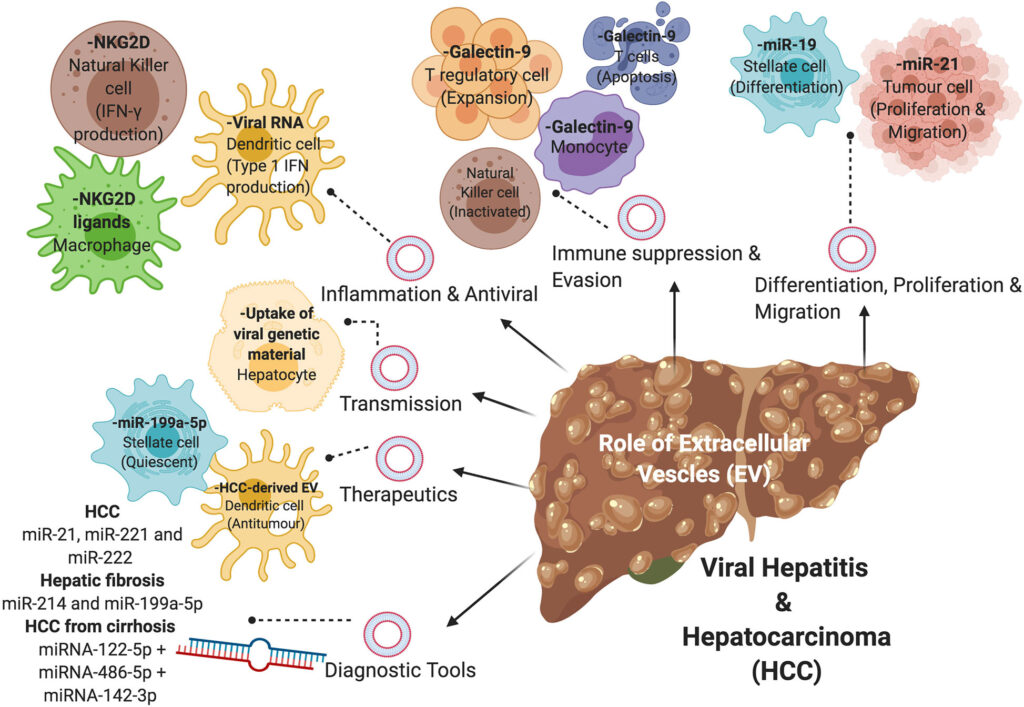Autoimmune Hepatitis, often abbreviated as AIH, is a chronic condition where the body’s immune system mistakenly attacks the liver, leading to inflammation and potential long-term damage. This disease can affect individuals of all ages, genders, and backgrounds, and while it is not as widely discussed as other liver conditions, it poses significant health risks if left untreated. In this article, we will explore what Autoimmune Hepatitis is, its causes, symptoms, and available treatment options.

What is Autoimmune Hepatitis?
Autoimmune Hepatitis is a type of chronic liver disease characterized by the immune system attacking healthy liver cells. The liver plays a vital role in numerous bodily functions, including detoxifying harmful substances, producing bile for digestion, and storing energy. When the immune system targets the liver, it disrupts these essential processes, leading to inflammation and scarring over time.
This condition can develop suddenly or progress gradually over months or years. Without proper management, it may lead to severe complications such as cirrhosis (scarring of the liver), liver failure, or even the need for a liver transplant.
Types of Autoimmune Hepatitis
- Type 1: This is the most common form of the disease and can occur at any age. It often coexists with other autoimmune disorders, such as thyroiditis or rheumatoid arthritis.
- Type 2: This form is less common and typically affects children and young adults. It is associated with specific antibodies that are unique to this subtype.
Causes of Autoimmune Hepatitis
The exact cause of Autoimmune Hepatitis remains unknown, but researchers believe it results from a combination of genetic predisposition and environmental triggers. Here are some factors that may contribute to the development of this condition:
Genetic Factors
Individuals with a family history of autoimmune diseases are at a higher risk of developing Autoimmune Hepatitis. Certain genes have been identified as potential markers for susceptibility to this condition. However, having these genes does not guarantee that someone will develop the disease; it simply increases the likelihood.
Environmental Triggers
Environmental factors, such as infections, medications, or exposure to toxins, may trigger the onset of Autoimmune Hepatitis in genetically predisposed individuals. For example:
- Viral infections like hepatitis A, B, or C may act as triggers in some cases.
- Certain drugs, such as minocycline or nitrofurantoin, have been linked to drug-induced autoimmune reactions affecting the liver.
- Toxins or chemicals in the environment may also play a role, although more research is needed to confirm their impact.
Hormonal Influences
Autoimmune Hepatitis is more commonly diagnosed in women than in men, suggesting that hormones may influence the development of the disease. Estrogen, in particular, has been studied for its potential role in modulating the immune response and increasing susceptibility to autoimmune conditions.
Symptoms of Autoimmune Hepatitis
The symptoms of Autoimmune Hepatitis can vary widely, ranging from mild and nonspecific to severe and debilitating. Some individuals may experience no symptoms at all during the early stages, while others may present with acute symptoms resembling viral hepatitis. Common signs and symptoms include:
Fatigue
One of the hallmark symptoms of Autoimmune Hepatitis is persistent fatigue. This exhaustion is often unrelated to physical activity and does not improve with rest, significantly impacting daily life.
Jaundice
Jaundice occurs when there is an excess buildup of bilirubin in the blood, causing yellowing of the skin and eyes. This symptom indicates impaired liver function and is a key indicator of liver-related issues.
Abdominal Discomfort
Many patients report pain or discomfort in the upper right quadrant of the abdomen, where the liver is located. This sensation may range from mild tenderness to sharp, intense pain.
Joint Pain
Joint pain and swelling are frequently observed in individuals with Autoimmune Hepatitis. These symptoms are similar to those seen in rheumatoid arthritis and may precede liver-related symptoms in some cases.
Nausea and Loss of Appetite
Nausea, vomiting, and a reduced appetite are common complaints among those with Autoimmune Hepatitis. These symptoms can lead to unintended weight loss and malnutrition if not addressed promptly.
Dark Urine and Pale Stools
Changes in urine and stool color are indicative of liver dysfunction. Dark urine and pale, clay-colored stools suggest that the liver is struggling to process bilirubin effectively.
Diagnosis of Autoimmune Hepatitis
Diagnosing Autoimmune Hepatitis requires a comprehensive evaluation, as its symptoms often overlap with those of other liver diseases. Healthcare providers use a combination of clinical assessments, laboratory tests, imaging studies, and sometimes liver biopsies to confirm the diagnosis.
Laboratory Tests
Blood tests are crucial in diagnosing Autoimmune Hepatitis. Elevated liver enzymes, such as alanine transaminase and aspartate transaminase, indicate liver inflammation. Additionally, the presence of specific autoantibodies, such as antinuclear antibodies or smooth muscle antibodies, supports the diagnosis.
Imaging Studies
Ultrasound, CT scans, or MRI may be used to assess the size and structure of the liver. These imaging techniques help rule out other causes of liver disease, such as tumors or blockages in the bile ducts.
Liver Biopsy
In some cases, a small sample of liver tissue is taken for analysis under a microscope. A biopsy provides definitive evidence of inflammation and helps determine the severity of liver damage.
Treatment Options for Autoimmune Hepatitis
While there is currently no cure for Autoimmune Hepatitis, effective treatments are available to manage symptoms, reduce inflammation, and prevent further liver damage. Early intervention is critical to achieving the best outcomes.
Medications
The primary treatment for Autoimmune Hepatitis involves medications that suppress the immune system and reduce inflammation. These include:
- Corticosteroids: Prednisone is commonly prescribed to control inflammation quickly. While highly effective, long-term use of corticosteroids can lead to side effects such as weight gain, osteoporosis, and increased susceptibility to infections.
- Immunosuppressants: Azathioprine is often used alongside corticosteroids to maintain remission and minimize steroid-related side effects. Other immunosuppressive drugs may be considered based on individual patient needs.
Lifestyle Modifications
In addition to medication, adopting certain lifestyle changes can support liver health and overall well-being:
- Dietary Adjustments: Eating a balanced diet rich in fruits, vegetables, whole grains, and lean proteins can provide essential nutrients and reduce stress on the liver. Avoiding alcohol and processed foods is particularly important.
- Regular Exercise: Physical activity helps boost energy levels, manage weight, and improve mood, all of which are beneficial for individuals with chronic illnesses.
- Avoiding Toxins: Limiting exposure to harmful chemicals and toxins, such as cleaning products or pesticides, can protect the liver from additional strain.
Monitoring and Follow-Up
Regular monitoring by a healthcare provider is essential to track the progression of the disease and adjust treatment as needed. Blood tests, imaging studies, and periodic evaluations help ensure that the liver remains stable and functional.
Liver Transplantation
In severe cases where the liver becomes irreversibly damaged, a liver transplant may be necessary. During this procedure, the diseased liver is replaced with a healthy donor liver. While transplantation offers a chance at recovery, it comes with risks and requires lifelong adherence to immunosuppressive therapy to prevent rejection.
Living with Autoimmune Hepatitis
Managing Autoimmune Hepatitis requires a proactive approach to healthcare. Patients are encouraged to work closely with their doctors to develop a personalized treatment plan that addresses their unique needs. Education about the condition, adherence to prescribed therapies, and open communication with healthcare providers are key components of successful management.
Support groups and counseling services can also provide emotional support and practical advice for individuals navigating the challenges of living with a chronic illness. Sharing experiences with others who understand the journey can foster a sense of community and resilience.





